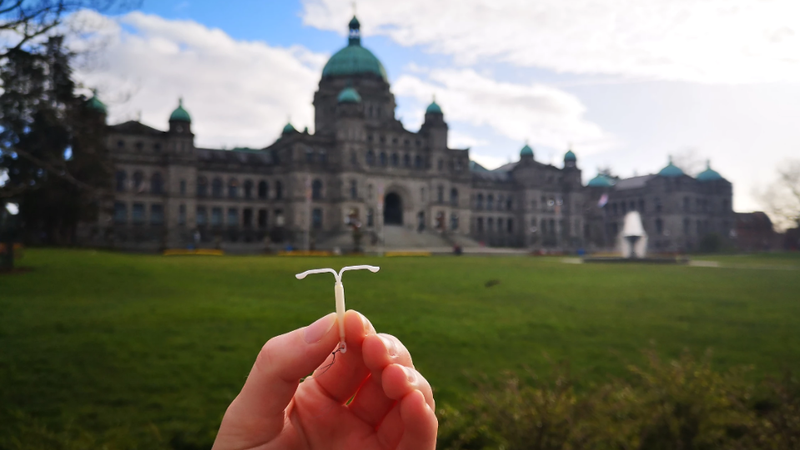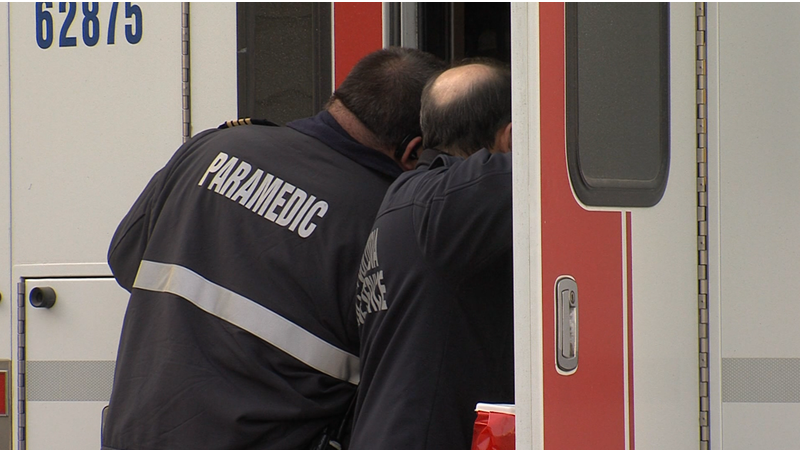
B.C. students back demand for free prescription contraception
A group that represents students in British Columbia is supporting a call for the provincial government to fulfill an election promise to make all prescription contraception free.
The B.C. Federation of Students, which is made up of 170,000 students at 15 universities, voted to endorse the AccessBC Campaign’s call for free contraception on July 17.
The renewed call for free contraceptives came following the overturning of Roe vs. Wade in the U.S., sparking people across B.C. to demand more action from the province for reproductive justice.
“After the devastating news about the overturning of Roe v. Wade, many B.C. politicians reaffirmed their commitment to supporting abortion rights, but more needs to be done,” said Melissa Chirino, chairperson of the B.C. Federation of Students.












